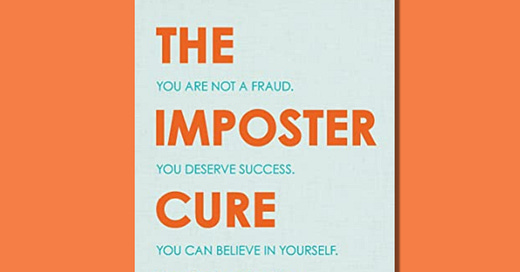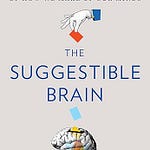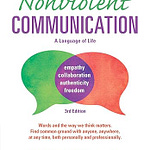Free Audiobook summary of the book The Imposter Cure by Jessamy Hibberd.
Understanding why we feel as if we are not worthy of our job or title.
The Imposter Phenomenon
Imposter syndrome was first described in 1978 by two clinical psychologists.
They coined the term "imposter syndrome," which describes a condition in which people believe they are unworthy of success and have a persistent belief in their lack of intelligence, skills, or competence.
Beyond Feeling Like A Fraud
Imposter syndrome entails much more than simply feeling fraudulent, and it manifests itself in a variety of ways. It can manifest as insecurity, self-doubt, failure fear, and perfectionism. Alternatively, it can manifest as self-criticism, low self-esteem, and an inability to accept compliments.
What Triggers The Imposter Syndrome
Imposter syndrome can be triggered by any achievement or approval-related task, or by feeling insecure about your knowledge or skills, especially if you work in a competitive environment with increasing responsibilities.
A Big Change
It is typically more intense during times of transition or change, or when confronted with new challenges (a new job, project, or being accepted into higher education). This forces you to step outside of your comfort zone and into new routines, as well as subject you to increased scrutiny.
The syndrome can also occur when you feel disconnected from your core group.
Get inspiring big ideas from world's best books, articles, podcasts and videos on nextbigwhat.
Subscribe to #BigIdeas podcast by NextBigWhat on your favourite podcast platform:
Spotify: https://open.spotify.com/show/70AjydAWmDnwhgCLrjk3ya
Apple Podcasts: https://podcasts.apple.com/us/podcast/bigideas-by-nextbigwhat/id1666179584
Amazon Music: https://music.amazon.in/podcasts/c5a37dd2-f729-4e6b-b671-b4c856bf48ce/bigideas-by-nextbigwhat
Castbox: https://castbox.fm/channel/id5282308
Pocketcasts: https://pca.st/vur21t8o
Stitcher: https://www.stitcher.com/show/1053194












Share this post